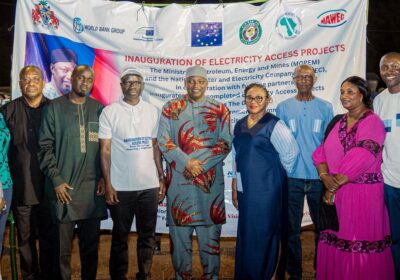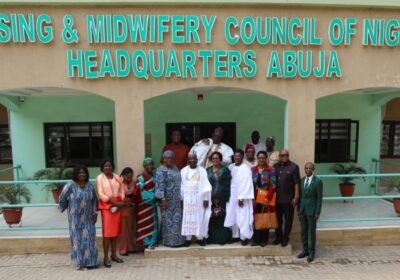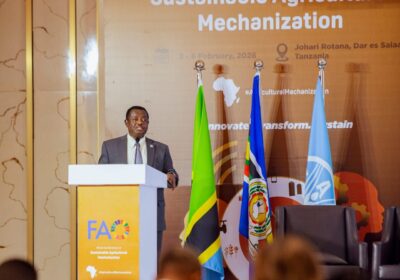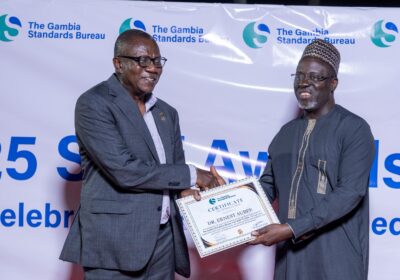Agriculture: FAO Representative Dr Hussein Gadain Meets Yobe Government Delegation.
By Raymond Enoch
In a significant effort to deepen agricultural transformation in Nigeria’s northeastern region, the Food and Agriculture Organization (FAO) Representative to Nigeria and ECOWAS, Dr. Hussein Gadain, today received a high-level delegation from Yobe State at the United Nations House in Abuja.
The delegation, led by the Honourable Commissioner for Agriculture and Livestock, Alhaji Ali Mustapha, was accompanied by the state’s focal point on Agriculture and Livestock. The visit marked a critical step toward enhancing collaboration between FAO and the Yobe State Government in the pursuit of food security, sustainable livelihoods, and rural development.
Discussions at the meeting focused on unlocking Yobe’s vast agricultural potential through strengthened partnerships, especially in leveraging financing opportunities from the Islamic Development Bank. The engagement also explored ways to scale up impactful interventions that align with FAO’s vision of resilient and inclusive food systems.
Dr. Gadain reaffirmed FAO’s unwavering commitment to supporting Nigeria at both national and sub-national levels, emphasizing the organization’s readiness to work hand-in-hand with state governments to achieve transformative agricultural outcomes. He highlighted FAO’s Hand-in-Hand Initiative, which targets the most vulnerable regions with tailored development support, and identified Yobe as a state well-positioned to benefit from the initiative’s integrated approach.
“FAO’s commitment to cascading development support to subnational levels remains unwavering. Together, we’re working to strengthen food systems, empower communities, and build resilience where it matters most,” Dr. Gadain said.
In his remarks, Alhaji Ali Mustapha outlined Yobe’s strategic priorities in the agriculture and livestock sectors, including building climate-smart farming systems, revitalizing the livestock value chain, and empowering smallholder farmers—particularly women and youth. He expressed the state’s readiness to partner with FAO in attracting both technical assistance and sustainable investment.
“We believe that through partnerships like this with FAO and institutions like the Islamic Development Bank, Yobe State can chart a course toward inclusive growth, food security, and economic resilience for our people,” the Commissioner noted.
The meeting concluded with a shared resolve to deepen technical cooperation, accelerate project development aligned with international financing mechanisms, and promote long-term agricultural transformation across Yobe State. As the state continues its recovery and rebuilding efforts, today’s engagement underscores a growing momentum to position agriculture as a driver of peace, prosperity, and resilience in the region.









